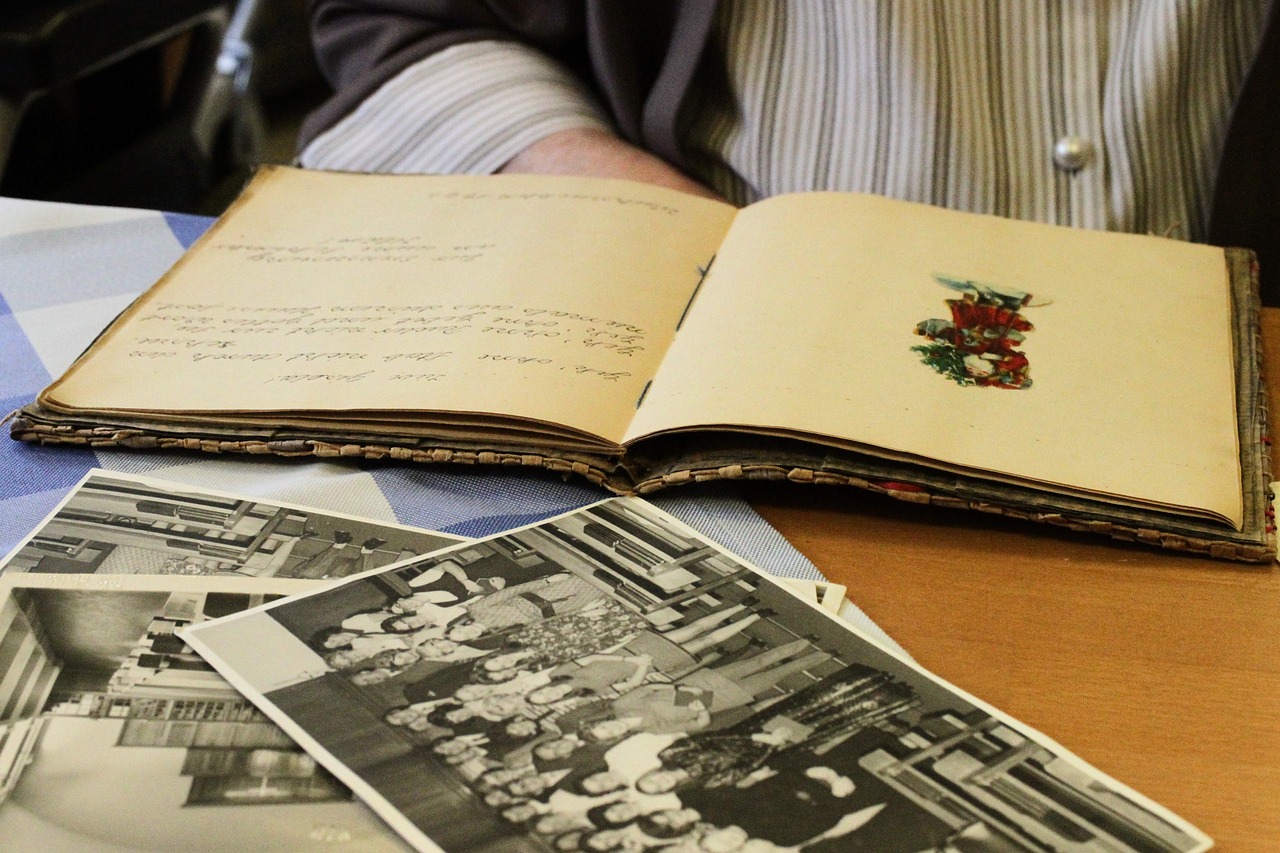The Transformative Power of Healing from PTSD Through Poetry
In a world that often leaves trauma unspoken and wounds unseen, healing from PTSD through poetry becomes a powerful form of expression and recovery. Poetry allows what is unspoken to finally be heard. It transforms pain into purpose and silence into strength. At Jenni Bailey Poetry, this transformation is not hypothetical, it’s real, raw, and deeply personal.
Jenni’s poetry is a lifeline for those navigating mental health challenges, especially PTSD. Through her lived experiences and unapologetically honest writing, she offers more than art, she offers hope. Her poems create space for validation, expression, and healing, especially for those who often feel voiceless.
PTSD Deserves Language, and Poetry Gives It One
Post-Traumatic Stress Disorder isn’t just something that happens to soldiers in combat. It can come from childhood trauma, systemic oppression, medical trauma, emotional abuse, or life-changing accidents. For many, the symptoms are invisible but devastating, flashbacks, anxiety, hypervigilance, emotional numbness.
Healing from PTSD through poetry gives voice to the invisible. It allows survivors to say what they couldn’t say then. Poetry becomes the safe place where fear can be named, and memories can be transformed. Jenni’s poetry, shaped by her own trauma and resilience, gives readers permission to feel deeply without shame.
Why Poetry Helps Where Other Forms Fall Short
While traditional therapy is invaluable, creative expression often accesses emotional truths that conversation alone cannot. Healing from PTSD through poetry allows a person to bypass logic and speak from the emotional core. Poetry doesn’t require full explanations or linear stories. It embraces fragmentation, metaphor, rhythm, just like trauma does.
Jenni’s work exemplifies this. Her poems don’t follow a formula; they follow feeling. Whether she’s confronting internalized ableism, racial trauma, or psychological pain, her verses offer both catharsis and clarity. They don’t offer tidy solutions, they offer truth, which is often the first step toward healing.
Jenni Bailey: Writing from the Wound, Not the Scar
Many poets write from reflection, long after the pain has passed. But healing from PTSD through poetry often means writing while in the depths of struggle. Jenni doesn’t wait until everything is perfect, she writes as it’s unfolding. Her work reflects real-time resilience, not polished perfection.
This is what makes her poetry so relatable and powerful. Readers who are in the midst of their own healing journeys don’t need idealized endings, they need to know they’re not alone in the process. Jenni’s rawness, vulnerability, and authenticity create that bridge.
Breaking the Stigma Around PTSD and Mental Health
There is still too much shame surrounding mental illness. Too many people feel isolated, misunderstood, or broken. Healing from PTSD through poetry helps dismantle that stigma. It shows that trauma responses are human responses, and that recovery isn’t linear.
Through her poetry, Jenni Bailey challenges those narratives. She reminds us that strength and struggle coexist. That writing about pain doesn’t make you weak, it makes you real. Her work is a bold invitation to stop hiding and start healing, one poem at a time.
When Words Become Witness
One of the most sacred roles of poetry is to bear witness. Jenni’s poems don’t just tell stories, they testify. Whether written in first-person or shared through metaphor, her verses offer readers a safe space to feel seen. Healing from PTSD through poetry becomes a communal experience, where one person’s courage to speak becomes another’s permission to feel.
This kind of witnessing breaks cycles. It restores dignity. And it reminds us that, while trauma isolates, expression can reconnect us to ourselves and others. Jenni’s poetry is a living testament to this process.
Poetry as Daily Medicine
Healing doesn’t happen in one breakthrough session or a single journal entry. For many living with PTSD, healing is daily work. Healing from PTSD through poetry means returning to the page again and again, not to solve the pain, but to sit with it honestly.
Jenni’s poetry offers a companion for those days. Whether you’re in the thick of a panic attack, navigating painful memories, or searching for self-compassion, her poems serve as gentle reminders: You are not alone. You are not broken. And your story is worth telling.
Final Thoughts: Letting Poetry Hold What You Cannot
Some emotions are too big to speak. Some memories feel too sharp to touch. But in the hands of a skilled poet like Jenni Bailey, even the heaviest truths find shape and softness. Healing from PTSD through poetry means letting words carry what the heart cannot hold alone.
If you’ve been searching for poetry that meets you in your pain, and gently walks you toward healing, Jenni’s work is where you’ll find it. Her poems are more than art. They are survival. They are resistance. And they are, above all, acts of radical self-love.










